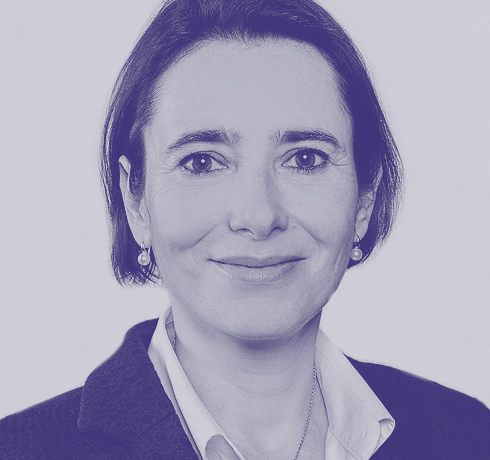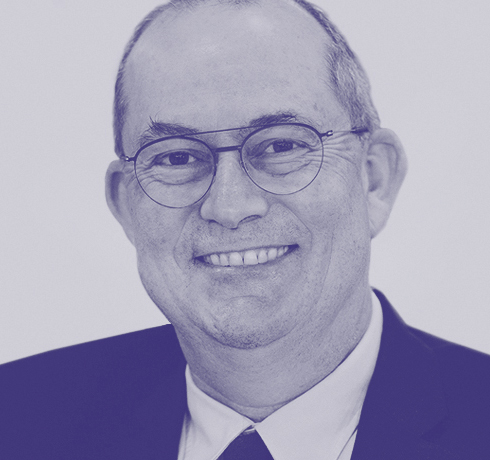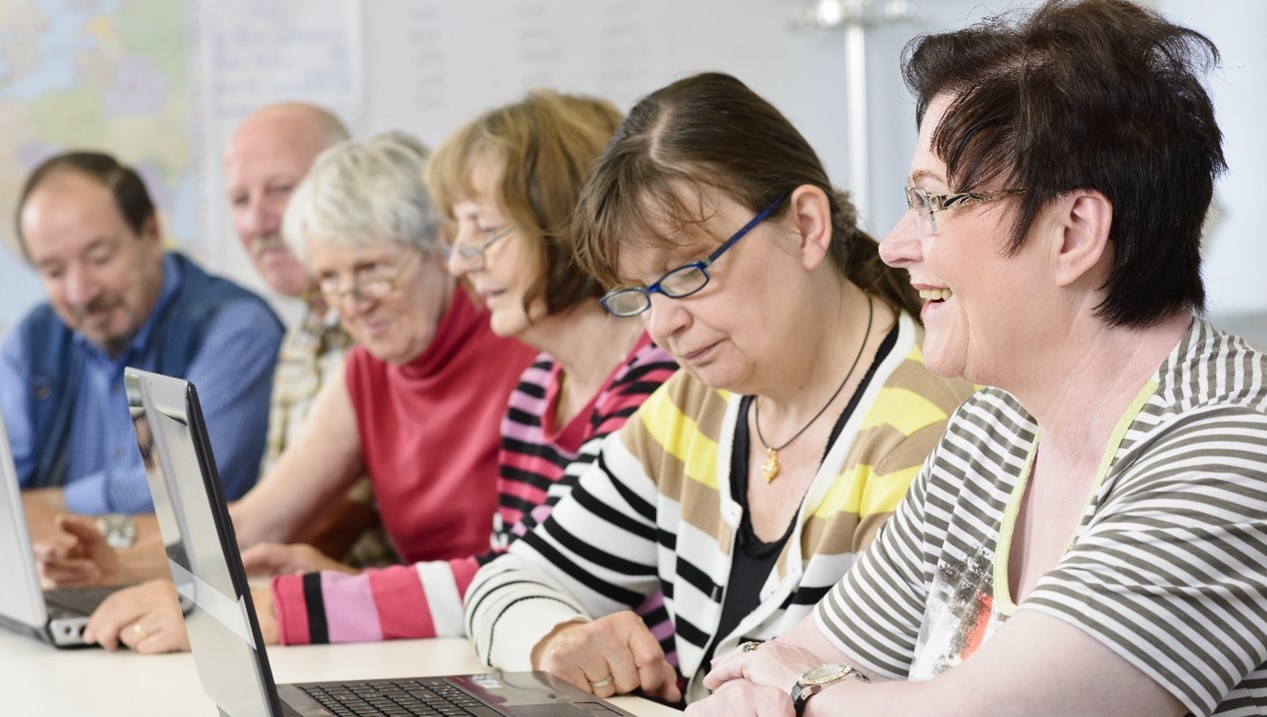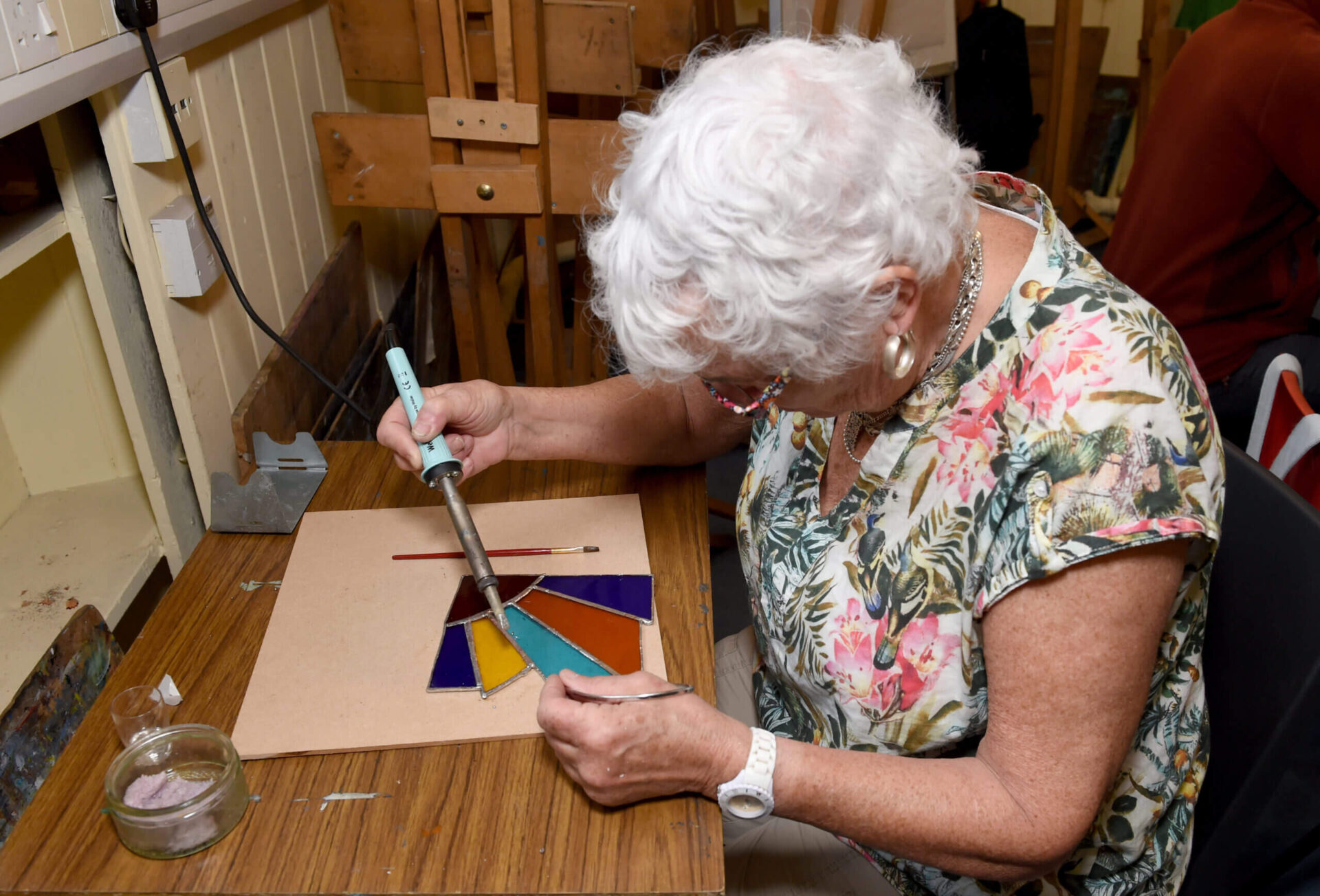Expanding our knowledge of how we age and what influences this process, including rehabilitation services that strengthen psychological resources, offers the opportunity to develop health care strategies that optimize the functional ability of older people and enhance their well-being.
Discover
Integrating the recent perspective shift into our understanding of healthy ageing
The global population is ageing, and the ongoing demographic shift will impact many aspects of society. Ageing also impacts health and is associated with a progressive decline in physical and mental capabilities. Therefore, it is important to realize that healthy ageing does not equal achieving the absence of any ailment, but rather wants to enable older people to be and do what they value. Healthy ageing aims to optimize the functional ability of older persons in daily life. This means, for instance, the ability to remain independent, to actively participate in the community and to have a meaningful life, for as long as possible. This represents a shift from an essentially biomedical or disease-oriented approach to one that focuses on what enables people to pursue those life activities that are of value to them throughout their ageing process.
A key element to stabilizing functional ability is access to integrated, person-centred health care which is not disease-specific but focuses on the individual’s needs and capabilities, as provided by rehabilitation services. Also, strengthening protective psychological resources like resilience can contribute to optimize and maintain functional ability.
To achieve this goal, it is necessary to acknowledge that individuals age in very different ways. The ageing process is heterogeneous, involving very different pathways of ageing, made more complex by a phenomenon called multimorbidity, the coexistence of multiple health conditions.
Learning from rehabilitation
A first step into this direction is to build an interdisciplinary research agenda that learns from rehabilitation in order to develop and implement tailored, individual functional ability-oriented interventions enhanced by interventions that can strengthen psychological resources.
The research of the project team, including two assistant professors with tenure-track positions at the University of Lucerne, funded 50% by Velux Stiftung for five years, contribute towards this goal. One workstream will improve the understanding of the diversity seen in healthy ageing trajectories by identifying trajectory-specific timing and targets for rehabilitation. The second workstream will examine the social return of rehabilitation by taking a health economics angle, an important perspective to integrate rehabilitation strategies into health systems.
Project team


Assistant Professor of Rehabilitation and Healthy Ageing, University of Lucerne, Switzerland


Assistant Professor of Rehabilitation and Healthy Ageing, University of Lucerne, Switzerland


Professor of Health Sciences and Health Policy, Principal of the Department of Health Sciences and Medicine, University of Lucerne, Switzerland
Transfer
Implementing research to practice
Accumulating scientific evidence is not enough, engaging stakeholders and decision makers in a deliberate dialogue is necessary to convey the message and to produce real and durable societal change. Together with the Swiss Learning Health System and the Center of Rehabilitation in Global Health Systems, implementation tools will be used to catalyse the implementation of findings into policy and practice.
Why we funded this project
“Catalyst funding for a truly interdisciplinary approach that aims to change the current disease-oriented understanding of healthy ageing into a comprehensive one, where optimizing older people’s functional ability is a matter of course.“
Foundation Board
Velux Stiftung
Change
Recognizing the potential of heterogeneity and interdisciplinarity
The healthy ageing research community is shifting its focus away from a biomedical and disease-oriented model of ageing towards one that recognizes the heterogeneity of ageing trajectories and focuses on the actual lived experience of ageing, optimizing functional ability and improving well-being.
More precisely, the concept of functional ability – the comprehension of which intrinsically requires expertise from many sources and scientific disciplines – acts as a conceptual and methodological bridge between rehabilitation, psychology and other disciplines.
“Healthy ageing is a smart investment. As a society, we depend on each other; we need people to be active, to participate and to be independent. Rehabilitation is the way to do it.”

Impact
Empowering people to positively influence their ageing process
The project wants to contribute to a future, where ensuring high levels of functional ability over the life course is socially and individually as valuable as ensuring longevity, where as a matter of course older people have access to integrated and proactive health care that enhances their physical and psychological resources, where health care is not fragmented, and the evaluation of functional ability is as standard as measuring blood pressure.
“I envision a world where ageing does not mean loss but opportunity to grow and live up to our full potential. Rehabilitation, especially when sustainably integrated into health systems, is a key strategy to achieve this for all of us lucky enough to have a long life.”
 Share
Share



